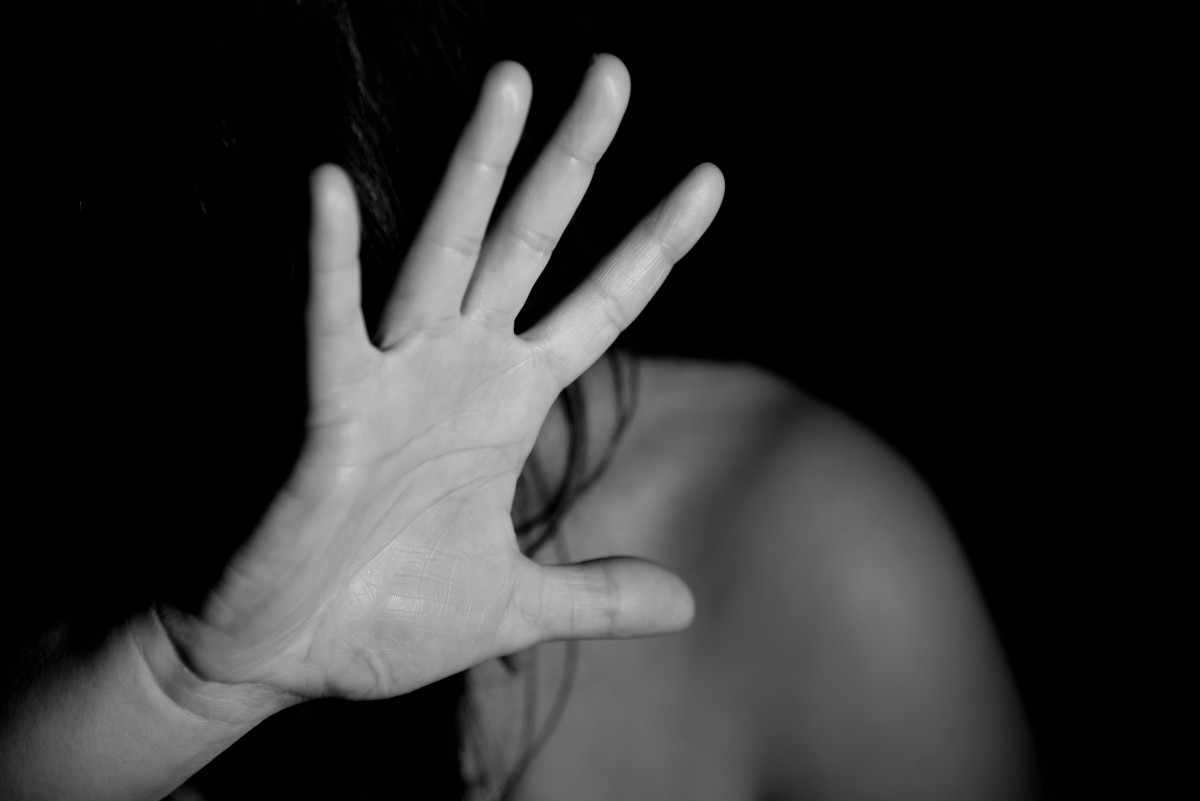Tackling domestic abuse is one of the priorities in a three-year community safety and crime reduction strategy that councillors are being asked to adopt as one of their final acts in office.
The Brighton and Hove Community Safety Strategy 2023-26 is expected to be rubber-stamped by Brighton and Hove City Council at a full council meeting on Thursday (30 March).
It was approved by the council’s Tourism, Equalities, Communities and Culture Committee earlier this month.
The strategy’s four priorities are aimed at tackling and preventing
- Anti-social behaviour and hate incidents
- Serious violence and exploitation
- Domestic violence and abuse, sexual violence and other forms violence against women and girls
- Terrorism and extremism
Of 27,531 recorded crimes in 2021-22, 12 per cent – or 3,299 of them – were believed to involve domestic abuse.
And of those 3,299 offences, 74 per cent had a female victim while 88 per cent of the perpetrators of domestic abuse offences from April 2020 to September 2021 were male.
For every case discussed at a multi-agency risk assessment conference (MARAC) in 2021-22, there were, on average, 1.3 children in the household – and the peak age for victims was 30 to 39.
The strategy said: “There are long-standing and newly developing societal norms that perpetuate acceptance of abusive and controlling behaviour and an often-unconscious acceptance of these behaviours that affect everyone but disproportionately affect women and girls.
“Despite under-reporting, the number of incidents which come to the attention of services remains high.
“The Brighton and Hove MARAC has above-average levels of referrals of high-risk victims of domestic abuse and a significantly high repeat rate.
“There are cycles of repeat offending and repeat victimisation and only a small fraction of perpetrators are convicted.”
Work to reduce incidents of domestic abuse and violence against women and girls includes communicating information to younger people and incorporating advice into personal, social, health and economic (PSHE) education as part of early prevention.
Brighton and Hove will continue to work with the pan-Sussex Domestic Abuse Board and Sexual Violence Board on county-wide programmes.
The council also said that it would work with partner organisations to build survivor resilience and resources, using social networks and helping with skills and support.
The strategy also said that local priorities included plans to tackle cuckooing – when drug dealers take over someone’s home – as well as other forms of exploitation.
Cuckooing was identified as a growing problem in Brighton and Hove and, according to the report, 16 local properties were taken over either by force or coercion.
The report said: “There are also known repeat perpetrators and repeat victims of cuckooing. Cuckooing represents a continued risk to residents, especially those with multiple complex needs.
“These can increase their vulnerability because of isolation, reduced resilience to coercive behaviours and so on.”
There were 227 drug trafficking offences recorded in 2021-22, with almost all offenders male and under 30 years old.
Residents’ representatives and councillors have raised concerns about cuckooing at meetings of the council’s housing management panels.
In Craven Vale, where the council moved on drug dealers and users who caused incidents of anti-social behaviour, residents have warned housing officers that London drug gangs know the empty flats.
The full council is due to meet at Hove Town Hall at 4.30pm on Thursday (30 March). The meeting is scheduled to be webcast on the council’s website.









